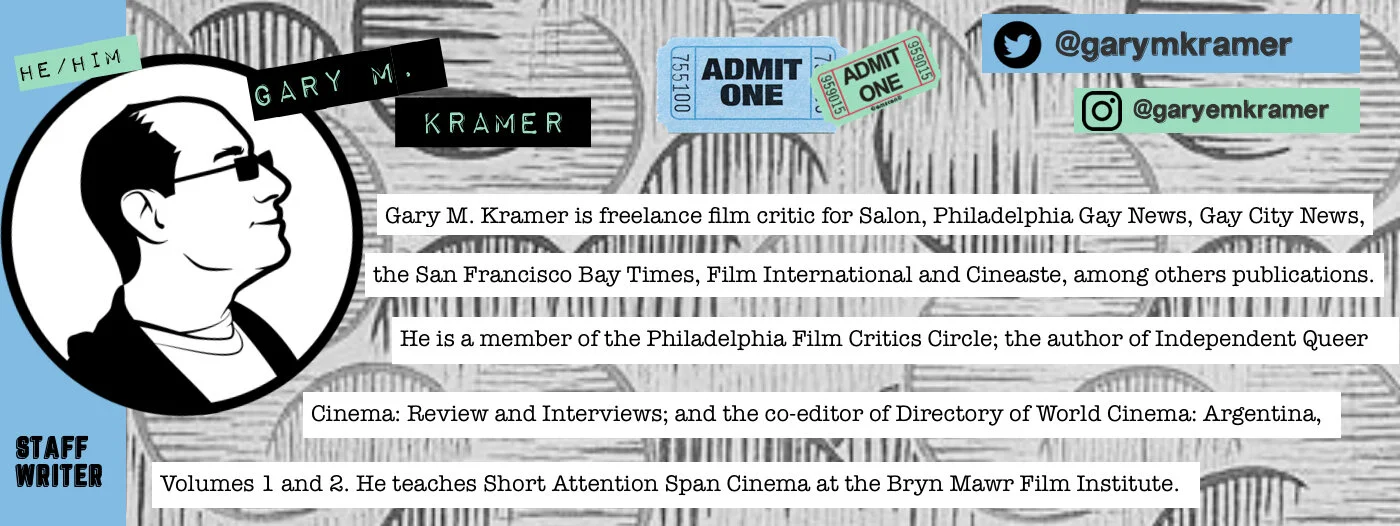THE CARD COUNTER seduces audiences into its games
Written and Directed by Paul Schrader
Starring Oscar Isaac, Tiffany Haddish, Tye Sheridan, Willem Dafoe
Runtime 112 minutes
In theaters September 10
by Gary M. Kramer, Staff Writer
As the title character in writer/director Paul Schrader’s subdued thriller, The Card Counter, William Tell (Oscar Isaac) only lets folks know what he wants them to. In voiceover, he tells viewers, “I never imagined myself as someone suited to a life of incarceration,” before recounting his fears of confinement, and adjustment to the routine and regimen of life behind bars. He continues, “It was in prison where I learned to count cards.” He recounts how Blackjack, (and by extension, life) is based on dependent events—the past affects the probability of the future.
The Card Counter is very much about dependent events, as Tell’s past, which viewers come to learn over the course of the film, affects his future. He talks, in this fatalistic film, about “weight”—meaning debt, but also moral weight, accrued from past actions—which dictate how he will behave and perform. And Isaac, who is on screen in every scene, makes Tell a compelling, and, at times, imposing figure—someone to watch and listen to. A scene in a diner where he performs a card trick while recounting a poker game he once saw, is hypnotic, and he is no less mesmeric as when he launches into a story from his past.
Of course, Tell is a master at being poker-faced. He likes to fly under the radar, playing small, not showy games, and moving from city to city, playing cards. He stays at motels rather than casinos to maintain some control. (He also wraps his room in monochromatic sheets which is a deliberate, peculiar quirk, but not uninteresting). He is haunted by his past in Abu Ghraib, as a shocking sequence illustrates. He is also waiting for something to happen.
That something arrives in two different people that intercept his world. One is La Linda (a terrifically slinky Tiffany Haddish), a backer who knows Tell counts cards, and wants him to play in the World Series of Poker. The other is Cirk (Tye Sheridan), a young man who has a plan to capture, torture, and kill Major John Gordo (Willem Dafoe). Tell’s past involved Gordo, which is why Cirk hopes he can enlist Tell as a partner who has “experience, expertise, and motive” to do Gordo harm. While Tell accepts La Linda’s offer, he does this, it is revealed, to earn money to get Cirk out of debt and steer him away from his plan to kill Gordo.
The Card Counter nicely develops its set up, and shows how Tell operates, retiring each night to his room to journal and wax philosophically: “Is there an end to punishment?,” “Is there a limit to the amount of effort it takes to merit expiation?,” and “Is it possible to know when one reaches the limit?”
Schrader’s film is all about limits. Tell may be best when he is confined by and working within the rules—e.g., at the gaming tables, even though he counts cards. However, when he operated by the rules as a military interrogator, he got into trouble. The film generates its suspense as it teeters on the fine line of how will Tell achieve his goals: by playing by the rules, or going rogue?
The Card Counter maintains a tone that, like its protagonist, is at once cool, detached, and seductive. His relationship with Cirk is pivotal for the plot, but will Tell’s altruism absolve him of his sins? A romance that develops between Tell and La Linda is full of promise, especially when the couple walk through an illuminated city. Can, or will, Tell break his routine and try to find a normal life with La Linda, like the one he wants Cirk to have?
Schrader is, obviously, more interesting in asking larger existential questions about forgiveness and redemption. This approach is appealing; gambling is used to pass the time, Tell admits. As the film builds to its climactic scenes, viewers can process and interpret Tell’s actions—he can be self-destructive—and decide what drives him for themselves.
The filmmaker’s strength is to get viewers invested enough to read Tell like he reads other players at the table. This is, ultimately, not a passive film, but one that may sting, like an unexpected card that turns up on the river in a game of Texas Hold ‘em. The Card Counter may play its cards close to its chest, but it is a pretty strong hand.


